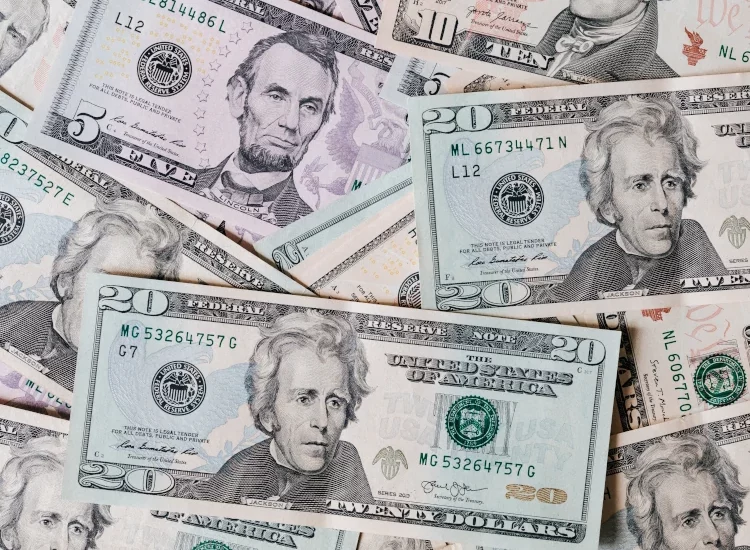Decentralized Finance (DeFi) is a radical innovation in the financial sector. It leverages blockchain technology, especially Ethereum, to recreate and improve traditional financial instruments. In essence, DeFi aims to democratize finance by creating an open, transparent, and accessible financial system.
How Does DeFi Work?
DeFi operates on the principles of decentralization, transparency, and interoperability. It uses smart contracts on blockchain networks to execute transactions without intermediaries. These are programmable contracts that self-execute when agreed conditions are met, providing a higher degree of automation, accuracy, and transparency.
Unlike traditional finance, where financial services are controlled by institutions, DeFi platforms are typically open-source. This means anyone can inspect, create, or improve the code. Moreover, they are permissionless, meaning anyone with an internet connection can use these services.
Key Components of DeFi
Various building blocks make up the DeFi ecosystem.
- Stablecoins: These are cryptocurrencies pegged to a stable asset like the US Dollar. They provide stability in the otherwise volatile crypto markets and are essential for many DeFi applications.
- Decentralized Exchanges (DEXs): DEXs allow users to trade cryptocurrencies directly, without an intermediary. They use smart contracts to automate the matching and execution of trades.
- Lending Platforms: These platforms use smart contracts to replace intermediaries like banks. They allow users to lend and borrow cryptocurrencies directly, often providing higher interest rates than traditional banks.
- Yield Farming: Users can lend their assets to earn returns, a process known as yield farming. The returns are usually in the form of additional tokens or a portion of the transaction fees.
- Wrapped Bitcoins (WBTC): This allows Bitcoin, which runs on a different blockchain, to interact with Ethereum’s DeFi applications. Wrapped Bitcoins are Ethereum-based tokens equivalent in value to Bitcoin.
The Benefits of DeFi
DeFi can bring about a paradigm shift in the financial sector. It promotes financial inclusion by providing open access to financial services, regardless of location. With DeFi, unbanked and underbanked populations can access basic financial services, fostering economic growth.
DeFi also offers greater transparency. All transactions are recorded on the blockchain, a public ledger, ensuring that the system remains open and verifiable.
Moreover, DeFi allows users to maintain control of their assets. Unlike traditional banks, there’s no need to trust a middleman. Transactions are executed by smart contracts, reducing the risk of human error or manipulation.
The Future of DeFi
DeFi has the potential to reshape the global financial landscape. As it continues to mature, we can expect greater adoption, innovative services, and regulatory attention.
However, the future of DeFi isn’t without challenges. Issues around scalability, usability, and regulatory compliance need to be addressed for DeFi to reach its full potential.
In conclusion, Decentralized Finance (DeFi) is a transformative force in the financial ecosystem. It’s empowering individuals globally by providing an open, accessible, and transparent financial system. As we stand on the cusp of a financial revolution, understanding DeFi becomes increasingly important.
Find more at PINIGUS Blog.
